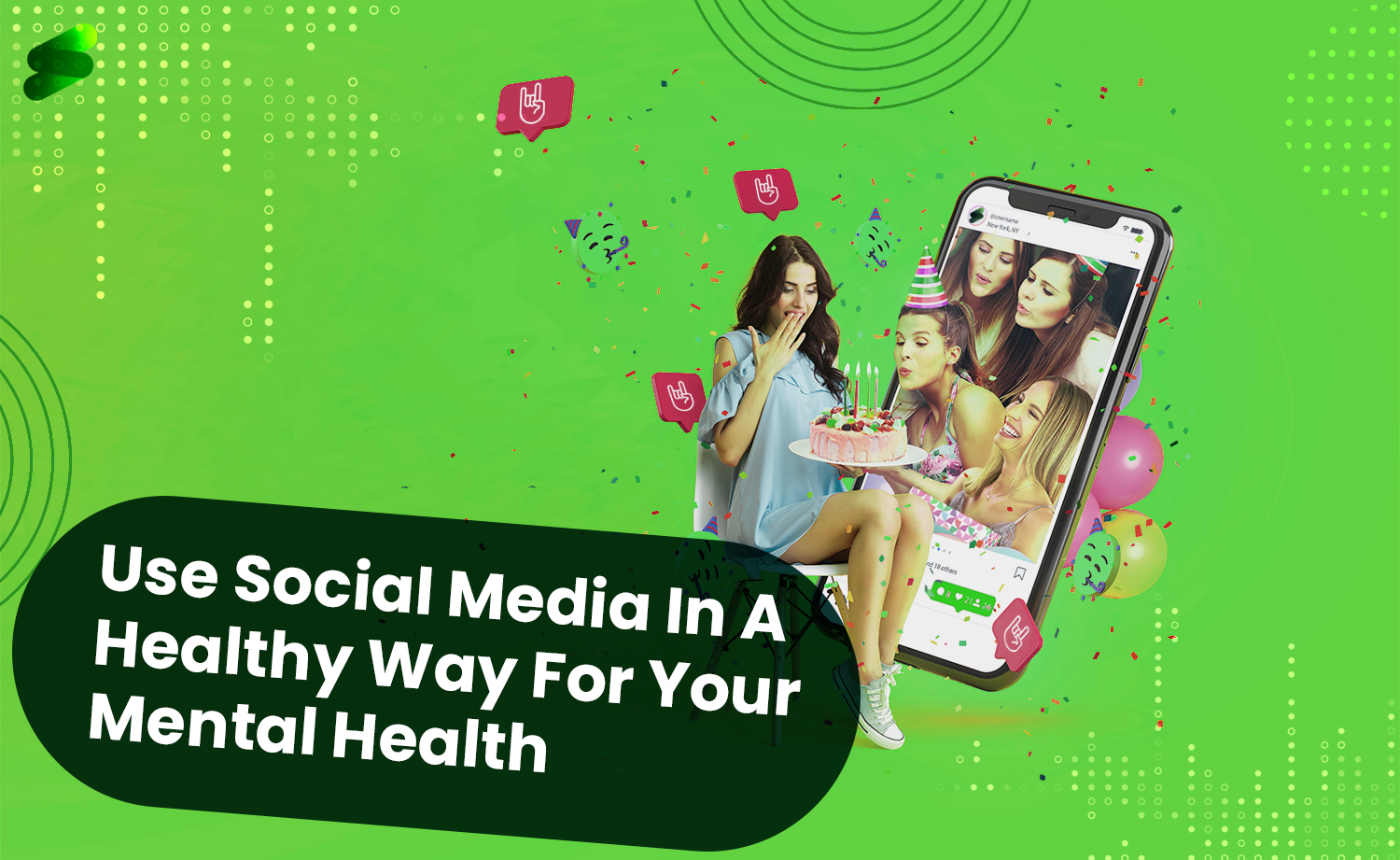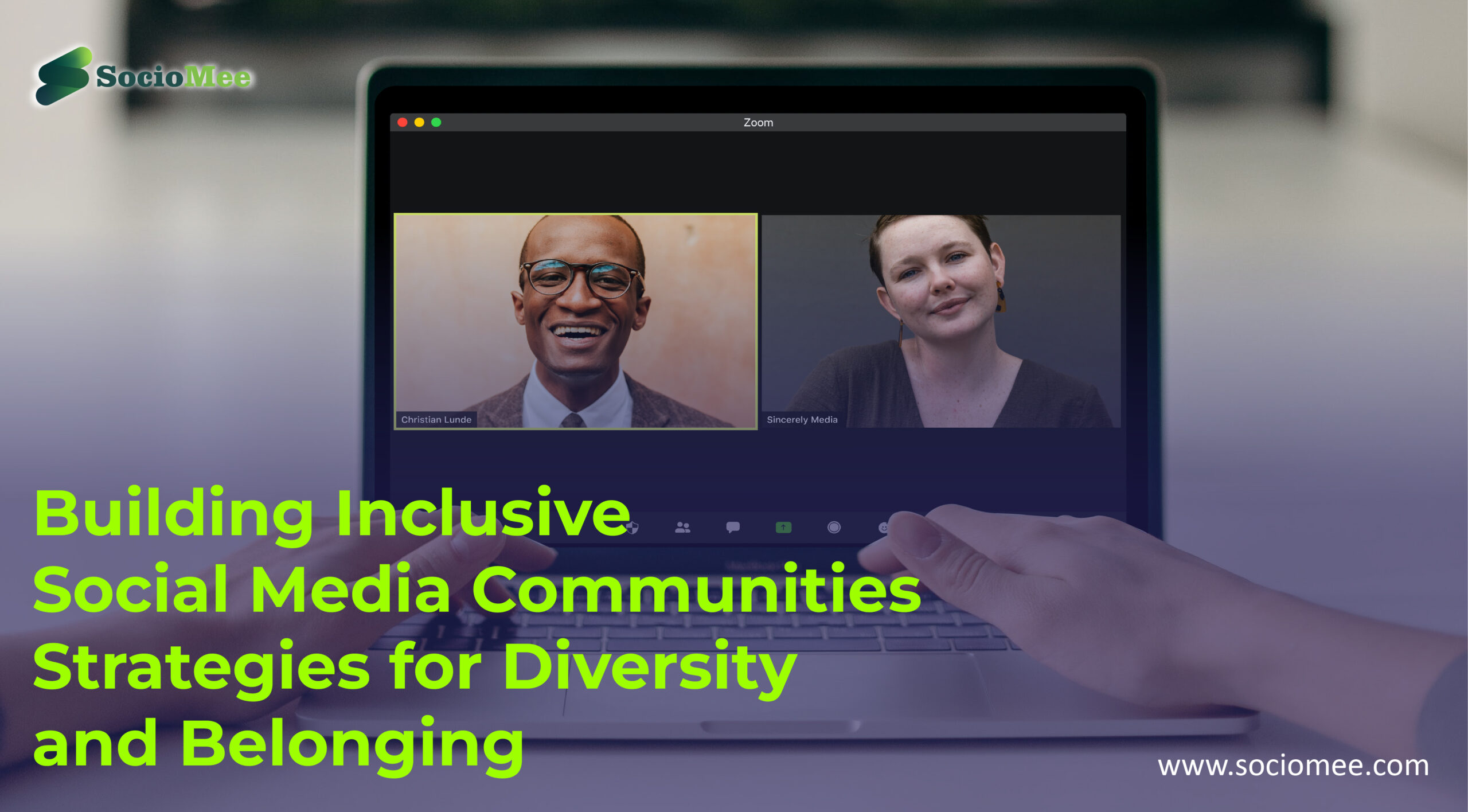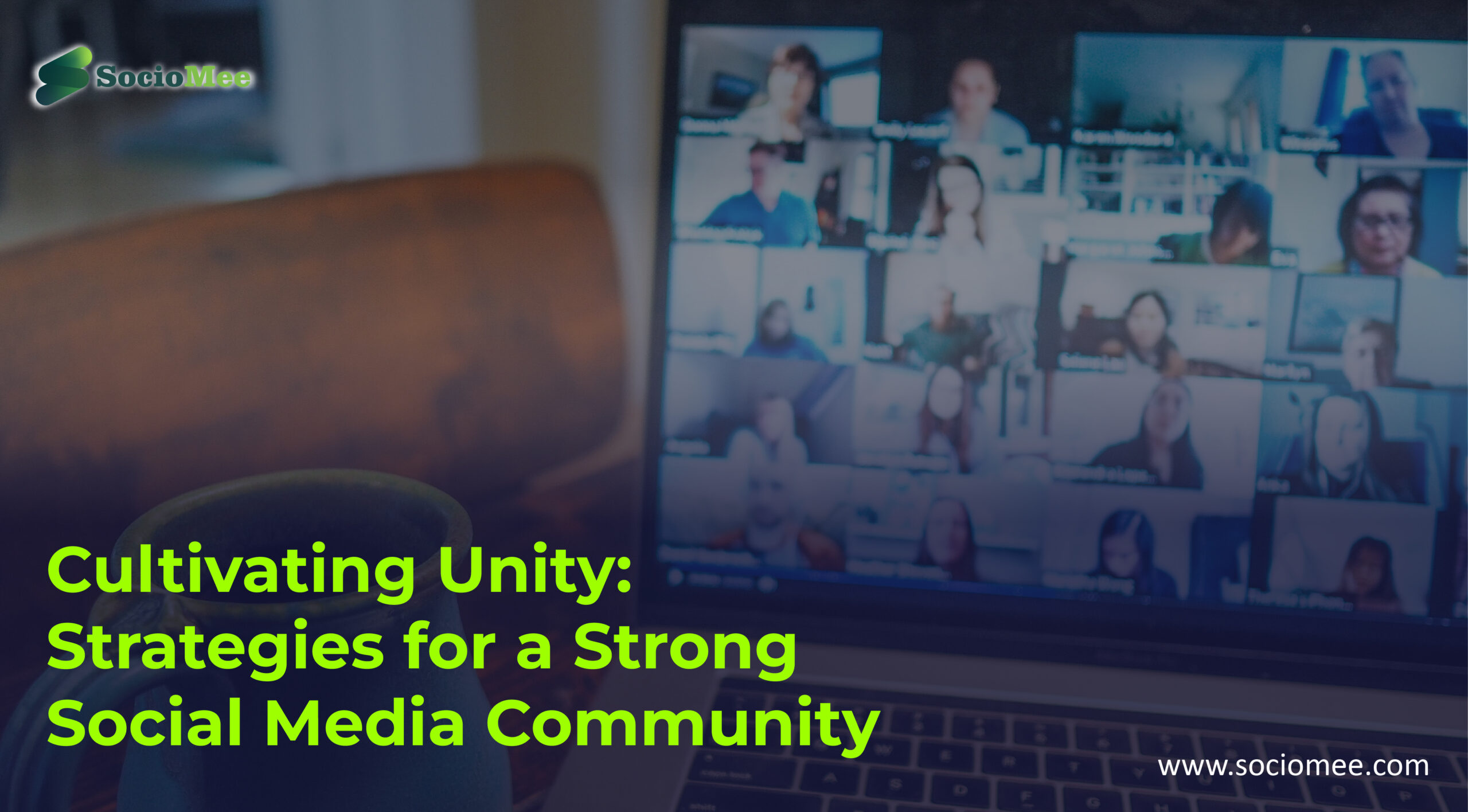#1. The role social media plays in mental health
Studies have shown that social media and mental health use can lead to uneasiness and even make people more susceptible to developing disorders. With all of this in mind, it’s essential to be aware of the role that social media plays in mental health and to use it in a way that is healthy for you.
Here are some tips for using social media in a way that is good for your mental health:
- Be mindful of the time you spend on social media- It’s easy to get caught up in scrolling through your feed, but spending too much time on social media can take a toll on your mental health. Try to limit yourself to 30 minutes or less per day, and make sure you’re spending that time doing something productive or enjoyable, like talking to friends or looking at pictures of cute animals.
- Be aware of the content you’re consuming- Like any other type of content, be selective about what you allow into your feed. If seeing certain types of content makes you feel bad about yourself, unfollow or block those accounts. Fill your feed with things that make you happy, whether photos of nature, quotes from inspiring people, or funny videos.
- Don’t compare yourself to others- It’s easy to look at other people’s lives and think they’re perfect, but everyone has their struggles. You must focus on what you are doing or want to do. In this manner it will be easier for you to accomplish your goals and even develop a strength in you.
A new social community is thriving
#2. The positive aspects of social media
Social media can be a great way to stay connected with friends and family, especially if you don’t live close by. It’s also a great way to get involved in causes and movements that you’re passionate about. And for many people, social media is a creative outlet where they can share their art, writing, or photography.
But it’s important to remember that social media is not real life. It’s easy to compare ourselves to others and feel like we’re not good enough when we see everyone else’s highlight reel. That’s why it’s essential to use social media healthily. Here are some tips:
- Limit your time on social media. You don’t want it to take over your life!
- Be aware of the impact it has on your mood. Take a break if you feel down after scrolling through Instagram.
- Focus on connecting with people you care about, and don’t get caught up in the quest for likes or followers.
- Remember that everyone is sharing their best moments, so don’t compare your life to what you see on social media.
#3. What's driving your social media use?
There are many reasons why people use social media or what role social media media in mental health plays. Some people use it to stay connected with friends and family, others to follow their favorite celebrities or brands, and others for news and current events. However, one of the most common reasons people use social media is for entertainment.
Many social media platforms are designed to be addictive, leading to unhealthy behaviors such as spending too much time on them, comparing oneself to others, and becoming obsessed with likes and followers. It’s essential to be aware of these dangers and healthily use social media. Here are some tips:
Set a goal for yourself of how much time you want to spend on each platform per day or week, and stick to it. Follow accounts that make you feel good about yourself and avoid those that trigger negative emotions such as envy or anxiety. Take regular breaks from checking your feeds to give your mind a break from constant stimulation.
Share your stories with the world.
#4. Signs that social media is impacting your mental health
Social media has become a necessary evil in our lives. We rely on it to stay connected with our friends and family, but it can also be a significant source of stress and anxiety. If you feel overwhelmed by social media, you are not alone.
With us you will explore some signs that social media is impacting your mental health. From difficulty sleeping to feeling isolated, there are several ways that social media can take a toll on our well-being. If you struggle to manage your mental health and social media usage, read for some tips and advice.
#5. Modifying social media use to improve mental health step
5.1 Limit your time on social media
If you spend too much time scrolling through your newsfeed or checking notifications, it’s time to cut back. Set a limit for yourself on how much time you want to spend on social media daily, and stick to it. Once you reach your limit, log off and do something else.
- Limit social media use to 10-15 minutes per day.
- Make sure to take breaks throughout the day and avoid using social media right before bed.
- Use social media for positive purposes, such as staying connected with friends and family or learning new things.
- Avoid using social media as a way to procrastinate or escape from problems in your life.
- Be mindful of the types of content you are consuming on social media, and make an effort to limit harmful content consumption.
- Seek professional help if you cannot control your social media use or if it is negatively impacting your life in a significant way.
5. 2 Be mindful of what you post
Think about how your posts make you feel after you hit “send.” Suppose they make you feel good, excellent! Keep posting things that make you happy and lift your spirits. But if they make you feel inadequate or anxious, it might be time to reconsider what you share on social media.
Suppose you obsessively check social media, feel anxious when you don’t get enough likes or comments, or generally feel bad after using social media. In that case, it’s worth considering modifying your use. Here are a few tips:
- Set limits on how much time you spend on social media daily. Once you reach your limit, log off and do something else.
- Be selective about who you follow and what types of content you see. If someone constantly posts things that make you feel bad, unfollow them.
- Make an effort to connect with people in real life. Social media can be a great way to stay connected with friends and family, but it’s no substitute for face-to-face interaction.
5.3 Connect with friends in real life
#6. Helping a child or teen with unhealthy social media use
When it comes to social media, it’s essential to be aware of its impact on your mental health. This is especially true for children and teens, who are still developing emotionally and may be more susceptible to the adverse effects of social media.
If you’re concerned that your child or teen is using social media in an unhealthy way, there are a few signs to look out for:
- Spending excessive amounts of time on social media.
- Fixated on getting “likes” or “followers.”
- Comparing their own life to the lives they see portrayed online.
- Seem withdrawn or moody when they’re off of social media.
- Using social media as a way to escape from problems in their life.
If you notice these signs, you must talk to your child or teen about healthy social media use. Help them understand that what they see online is sometimes an accurate representation of reality. Encourage them to take breaks from social media if they start feeling overwhelmed or stressed. Additionally, please provide them with positive outlets for coping with negative emotions, such as talking to someone they trust about their feelings or participating in activities they enjoy outside the digital world.
Explore new social media
#7. Social media can be used as a motivational tool to achieve a healthy lifestyle
When used correctly, social media can be a great tool to help you achieve your health and fitness goals. Here are some signs that social media is having a positive impact on your mental health:
- You feel more motivated to stick to your healthy lifestyle when you see other people doing the same.
- You can connect with like-minded individuals who can offer support and motivation.
- You can track your progress and see how far you’ve come, which can be a great source of motivation.
- You feel more accountable for your choices when you share them with others online.
- You’re less likely to give up on your goals when you have people cheering you on.









